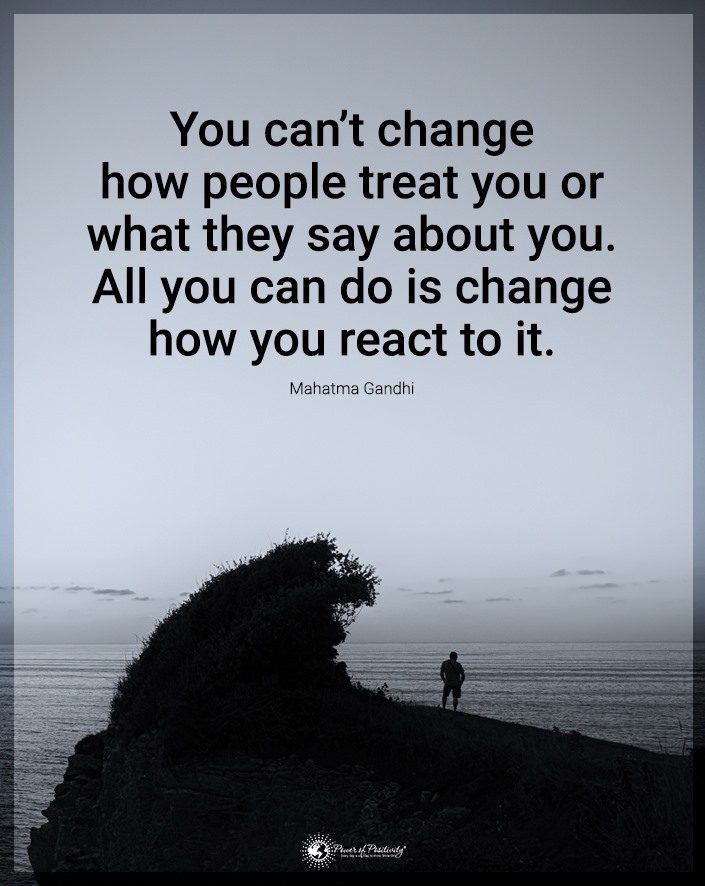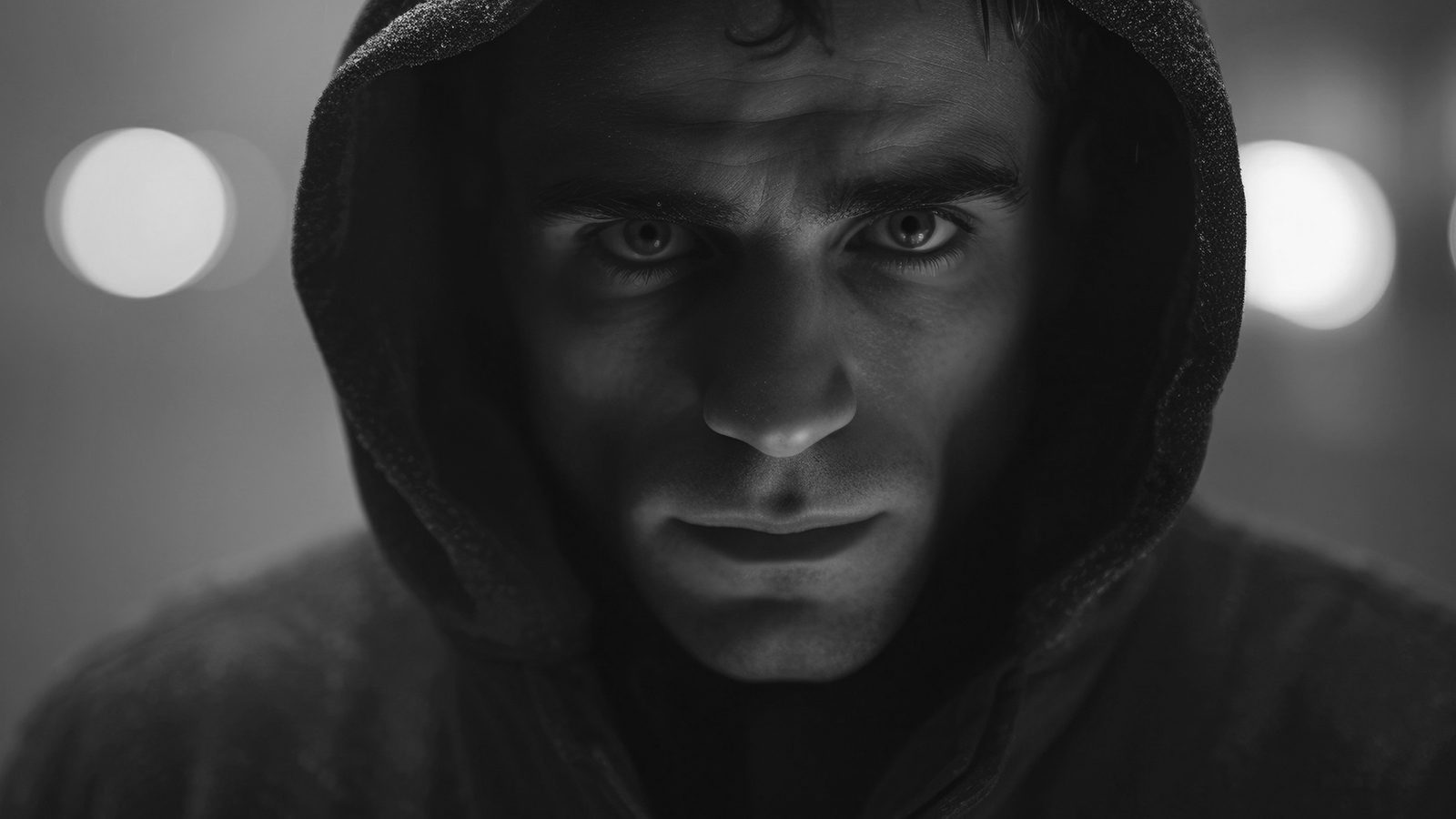Here’s what happens when sons grow up without parental love.
Parental love is like the sun that nurtures the growth of a young sapling, guiding it toward a robust and flourishing adulthood. However, this vital sunshine is obscured by the clouds of neglect and emotional absence for some sons, leaving them to grow in the shadows of indifference. These unloved sons are like saplings striving for light in a dense forest. They often struggle to reach their full potential, their growth stunted by the lack of nurturing warmth that was their due.
As adults, these once unloved sons carry with them the invisible scars of a childhood devoid of the affirming and sustaining love crucial in shaping a person’s core. This article looks into the psychological landscape of these individuals, exploring the meandering paths they tread in their quest for self-acceptance and love. It is a journey marked by challenges and triumphs, a testament to the enduring human spirit that seeks light even in the darkest forests.
NOTE: If you want to understand what happens when unloved daughters grow up, check out our other article.
Understanding the Lack of Parental Love
Parental love is as essential to a child’s development as water is to a parched seedling. It’s a fundamental element that fosters growth, instills a sense of security, and imbues an understanding of self-worth. However, the effects are profound and far-reaching when this vital ingredient is missing. This section explores the intricate dynamics of what it means to grow up without this essential emotional sustenance.
Parental attachment is at the heart of this void. That psychological and emotional bond forms the foundation for a child’s future interactions and sense of self. When a son perceives a lack of love from his parents – whether through emotional neglect, inconsistency, or outright rejection – it disrupts the formation of this crucial bond. This disruption can manifest in various forms. It causes situations from avoidant attachment, where a child learns to remain emotionally distant, to anxious attachment, characterized by a constant search for approval and affection.
Psychological theories, such as Bowlby’s Attachment Theory, underscore the significance of these early bonds. According to Bowlby, a child’s early experiences with caregivers form an “internal working model.” That’s a blueprint for all future relationships. This model is often marred by insecurity and fear for those unloved sons. As a result, they often develop a maze of emotional turmoil and skewed perceptions of self-worth.
Furthermore, the lack of parental love often translates into an absence of positive reinforcement and guidance. It’s akin to navigating a complex maze without a map or compass. The child, devoid of the affirming and guiding light of parental affection, may struggle to develop a strong sense of identity and self-esteem. That can lead to a pervasive feeling of loss in life’s social and emotional domains.
The effects of this absence are not only internal but also influence a child’s external world. Children learn to express and understand emotions largely through mirroring their parents. An unloved son may grow up with a skewed emotional vocabulary, unable to adequately express or even identify his feelings. This emotional illiteracy can create a barrier, a glass wall separating him from the world of healthy emotional exchanges.
Immediate Impacts of Unloved Sons as Adolescents and Young Adults
As the unloved sons transition into the turbulent waters of adolescence and young adulthood, the lack of a nurturing emotional anchor in their childhood often manifests in a whirl of emotional and behavioral challenges. During this period, identity formation and social exploration became particularly fraught for these individuals.
Adolescence is when the social sphere expands dramatically. But these young men find that the absence of foundational parental love casts long, dark shadows over their ability to navigate these new waters. They may wrestle with deep-seated insecurities. Or they may have a profound sense of alienation. They may describe it as being lost in the open sea without a compass. The lack of a positive self-image is usually shaped by parental affirmation. So, a lack of good parenting leaves them vulnerable to peer pressure, bullying, and exploitation.
These internal struggles frequently manifest in external behaviors. The classroom and the playground, where social and academic competencies are paraded and tested, can become battlegrounds of frustration.
Academic underachievement or overcompensation may surface. That’s because these young men either retreat into the shadows of underperformance or desperately seek achievement as a substitute for parental approval. Behavioral issues, ranging from withdrawal to aggression, become misguided attempts to express inner agitation.
The challenges often intensify in young adulthood. The realm of romantic relationships, already a complex dance of emotions and expectations, can become particularly daunting. The template of love and affection they should have received in childhood is missing, leaving them ill-equipped to form healthy romantic attachments. They may move between clinging too tightly or remaining emotionally aloof. These patterns stem from the fear of rejection or the belief that they are unworthy of love.
Furthermore, with its demands for confidence and interpersonal skills, the professional world can feel like an alien landscape. The workplace requires self-assurance and the ability to form functional relationships; both hinge on a solid sense of self. These requirements can seem impossible for those who have grown up feeling unloved, leading to career instability and unfulfillment.
Long-Term Psychological Effects of Unloved Sons in Adulthood
As unloved sons become adults, the consequences of their love-deprived childhoods echo into their long-term psychological well-being. This stage of life, which should be marked by stability and self-assuredness, often becomes a complex landscape marred by deep-rooted psychological challenges.
One of the alarming outcomes is the heightened risk of mental health issues. Depression and anxiety can become constant companions for these individuals. The persistent feeling of being unloved during formative years often translates into a chronic sense of worthlessness and despair. This emotional burden can be as heavy and constricting as a cloak woven from the darkest threads of their past, hindering their ability to experience joy and fulfillment.
In personal relationships, the scars of an unloved childhood are particularly visible. These men might struggle to form meaningful connections. That comes from an ingrained fear of rejection or abandonment. This fear can be an impenetrable wall around their hearts, keeping others at a safe but lonely distance. Alternatively, it might result in overly dependent relationships. The fear of being alone drives them to cling to partners, regardless of the relationship’s health.
The impact on self-esteem and self-worth is another impact on unloved sons. Growing up without parental love, these individuals often struggle with a fragmented sense of self. In a relentless quest to fill the void left by unfulfilled parental affection, they might continuously seek validation and approval in various aspects of life, whether in professional achievements, physical appearance, or social status.
Moreover, the lack of a nurturing and loving childhood can lead some down the path of substance abuse and other unhealthy coping mechanisms. These can be seen as desperate attempts to numb their pain or fill their emotional void with temporary relief. Whether it’s alcohol, drugs, or other risky behaviors, these choices speak to a deeper, unresolved pain stemming from their unloved past.

The Role of Resilience and Recovery
Resilience means the ability to bounce back from setbacks. Indeed, it may play a pivotal role in the personalities of unloved sons. It’s similar to a deeply rooted tree that, despite fierce storms, manages to stand firm and grow. For unloved sons, resilience might manifest in various forms: a tenacious pursuit of personal goals, the capacity to find solace in other relationships or passions, or the sheer will to seek a better life despite their upbringing.
Therapy and professional support are often key components in the healing process. Psychologists and counselors can help unravel the emotions and beliefs that stem from a childhood devoid of love. Through therapeutic approaches such as cognitive-behavioral therapy, narrative therapy, or even group therapy, these individuals can begin to reframe their past experiences and forge a new understanding of themselves and their worth.
Support systems play an equally crucial role. The presence of understanding friends, supportive partners, or even a nurturing community can provide the emotional sustenance that was missing in their childhood. These relationships can act as a mirror, reflecting a positive image of themselves that counters the negative self-perceptions they have carried for so long.
The power of personal growth and self-discovery is also vital to recovery. Engaging in activities that support self-awareness and personal development, such as mindfulness practices, artistic endeavors, or volunteering, can help unloved sons heal. It’s a process of planting new seeds of self-love and care, which can flourish into a renewed sense of self and purpose.
Societal Implications and Awareness of the Issue of Unloved Sons
The growth of unloved sons into adulthood, fraught with personal challenges, casts a significant ripple across the broader societal fabric.
The impact on society is multifaceted. On the one hand, there is a direct economic and social cost associated with mental health issues, substance abuse, and the related consequences that often accompany the lives of those who grew up feeling unloved. On the other hand, there’s a more subtle yet profound effect on the community’s overall emotional health and the quality of interpersonal relationships. The struggles of these individuals can influence family dynamics, workplace environments, and the broader social network. Thus, it becomes part of perpetuating cycles of emotional distress and dysfunction.
Early intervention is crucial in altering this trajectory. Schools, community centers, and healthcare professionals can help identify at-risk children. They can also point them to the support and resources they need. Programs focused on emotional education, parenting workshops, and accessible mental health services can help start the healing.
Raising awareness about the long-term effects of growing up without parental love is another critical step. Through media, public campaigns, and educational initiatives, society can learn about the importance of emotional nurturing in child development. By bringing these conversations into the public domain, the stigma of mental health issues and the struggles associated with such upbringing can be reduced.
Furthermore, this section emphasizes the need for a collective approach to address this issue. It involves not only the individuals and their families but also educators, mental health professionals, lawmakers, and the community. Society can help mitigate the long-term effects of growing up unloved and foster a more compassionate and understanding culture. But how? By creating empathetic and supportive environments and prioritizing mental health.

Final Thoughts of the Adult Lives of Unloved Sons
Unloved sons are like saplings that grew in the shadows, striving for light yet hindered by the lack of nurturing warmth. As adults, these individuals often carry the invisible scars of their love-deprived childhoods. They must make their way in a world where the effects of their upbringing continue to echo in their relationships, mental health, and self-perception.
Unloved sons can heal, just as the hardiest plants can break through the underbrush into the sun’s light. With support and therapeutic intervention, they can redefine their narratives. Thus, they can transform their stories from struggles into tales of growth and perseverance.
In conclusion, their journey reminds us of the profound impact of parental love and the enduring resilience of the human spirit. It is a call to action for greater empathy, understanding, and societal support, ensuring that every individual, regardless of their beginnings, can flourish and thrive in the light of nurturing care.



















